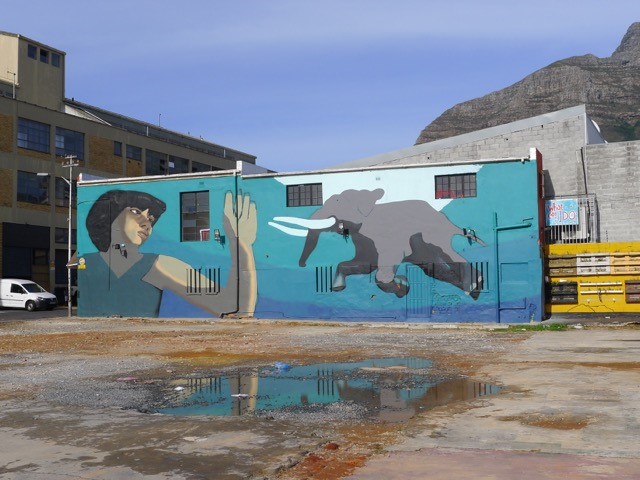Our department hosts a number of reading and writing groups that students and staff are welcome to join.
Writing Groups
Group Leader: Prof Louise Green
‘In his text, the writer sets up his home’
– Adorno
Writing is almost always a difficult and isolating experience. The idea, like a faint wavey line of autumnal colours, often refuses to translate mildly into an ordered line of uniform signs. Most of all a vague uncertainty about the reader, that mysterious and potentially threatening figure, lurks in a discouraging way just to one side of the blank screen looking on expectantly. In the end it is easier to do almost anything – begin a whole new line of research, prepare very, very thoroughly for your classes, check and recheck minor administrative duties. In this department we recognize the potentially hazardous side to writing and have worked to counter it by setting up two writing groups. In these the shadowy figure of the reader is transformed into the actual figures of approximately six supportive and interested and present interlocutors who read, meet, drink coffee, eat lunch and discuss each other’s work.
The first consists of members of the staff, the second of postdocs and graduate students. Submissions range from abstracts to proposals to early drafts to recalcitrant sentences to journal level submissions. Discussions focus on conceptual issues, possible further readings, particularly attractive paragraphs or sentences, ambiguities, intriguing elements as well as occasionally arcane matters like the placement of the comma or the precise nuance suggested by the dash. Attendance is, of course, voluntary.
Reading Groups
 Postcolonial Ecocriticism Reading Group
Postcolonial Ecocriticism Reading Group
Group Leader: Prof Louise Green
This reading group takes as its starting point how to read environmental crisis from the perspective of the postcolony. Threats to the natural world proliferate at an alarming rate and the news is full of predictions of disasters and ending –species becoming extinct, climate change, pollution and habitat destruction. What does it mean to consider these urgent questions within the disciplinary frame of literary studies and from the perspective of (South) Africa. How can we wrest ‘nature’ from the stranglehold of advertising and natgeowild and allow it to circulate in ways which open up new possibilities away from its relentless commodification? This reading group will explore some of the ways in which ecocriticism has responded to these problems. It will consider questions about the transformative possibilities of thinking with nature and explore the emerging field of postcolonial ecocriticism. It will consider how nature is bound up with ethical questions about modes of life.
Also see the Nature critical blog.
East African and Indian Ocean Worlds
Group Leader: Prof Tina Steiner
Eastern Africa and the Indian Ocean World has re-emerged as an interesting research focus across the disciplines of literary studies, cultural studies, history and gender studies among others. This reading group brings together researchers from various disciplinary backgrounds and across the world, working on aspects of Eastern Africa and the Indian Ocean Worlds. Its main aim is to share readings and ideas. A second aim of this platform is to share useful information pertaining to EA/IO studies, including calls for papers and recent publications on the field. The local members of the reading group meet once a term, while virtual membership will continue its discussions online at our blog.
African Intellectual Traditions
Group Leader:
Located within the broader theme of Transitions and Translations, with particular interest in Africa’s inter/continental trajectories, the African Intellectual Traditions Reading Group is a platform for critical reflection on canonical African thought and key debates in African intellectual histories. With a membership of doctoral students and staff members, this reading group’s objectives include: Re-visiting African intellectual archives as a re/source with relevant conceptual tools for contemporary research; exposing graduate students to key elements of African epistemes; reflecting on African intellectual contributions to the global knowledge economy; and ultimately, contributing to the department’s culture of critical intellectual engagement. The reading group runs through regular meetings during which we discuss a series of related, pre-circulated readings; and ongoing discussions on the virtual WebStudies discussion board.
Nineteenth-Century Studies Group
Group Leaders: Dr Jeanne Ellis and Dr Dawid de Villiers
For the past number of years, the Nineteenth-Century Studies Group has been an intellectually vibrant gathering of postgraduate students working with us who wish to explore a wider spectrum of texts and topics relevant to their research in conversation with fellow scholars. Eclectic in its range of texts and contexts, our reading has included novels, poetry, essays, short stories, fairytales and excerpts from autobiography by English, American, French and Russian writers. This group supplements teaching and research in the Department that fall within the “Reading the Nineteenth Century” focus area.

